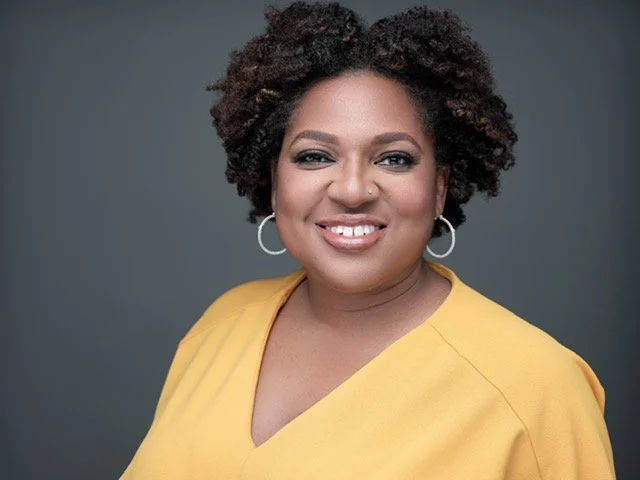Payoff: A Philanthropist's Gamble on Nonprofit Journalism Generates Impressive Dividends
/A little over a year ago, after H.F. Lenfest, the owner of the Philadelphia Inquirer, the Philadelphia Daily News, and Philly.com, donated the publications to a newly formed nonprofit journalism institute, I asked, "Can Philanthropy Save These Big City Newspapers?
Developments suggest the answer may be in the affirmative.
Lenfest recently pledged an additional $40 million to the nonprofit Lenfest Institute for Journalism. Even more encouragingly, the institute announced it received more than $21 million in new donations. A matching campaign hopes to raise that figure above $100 million.
The new money will build the endowment, support investigative journalism, boost digital training, and create two programs to provide fellowships and smaller grants for people wanting to test innovative proposals.
The takeaway? Well, it's hard to extrapolate here, since the circumstances are so unique. In fact, we can't think of another case where a deep-pocketed newspaper magnate turned into a major benefactor of nonprofit journalism. What we can say is that this is another alternative approach to supporting media that seems to be working at a time that journalism outlets are struggling—particularly big city and regional outlets getting squeezed by dwindling subscriptions, falling ad revenues, and relentless online competition.
Regarding the latter, a recent New York Times piece by Jim Rutenberg calls particular attention to online advertising platforms—most notably YouTube and Facebook—that increasingly resemble vacuum cleaners sucking up advertising dollars to the detriment of metropolitan and local dailies.
Lenfest, who has shown no signs of easing up since winding down his foundation a few years ago, is acutely aware of the negative outcomes that arise when money is drained from hometown media. Take the issue of investigating local corruption. If the Philadelphia media doesn't hold local public officials accountable, who will?
"I don’t think our city government is corrupt—but sometimes they need correcting, and that is the responsibility of the newspaper,’’ he told Rutenberg. “There will be a tremendous vacuum if these local newspapers don’t continue to print."
And so, much like other individual funders who have stepped up giving, particularly in the aftermath of the Trump election, Lenfest's journalism philanthropy is driven by civic-minded transparency.
Ultimately, the most recent news about the Lenfest Institute isn't the size of its latest cash infusion from Lenfest, but the breadth of its expanding donor base. While the new money includes $15 million from an anonymous donor, it also includes $6.5 million from the combined donations of nearly three dozen prominent foundations, companies, executives, lawyers and newspaper editors. Despite the institute's name, this isn't a story about one wealthy philanthropist dedicated to quality journalism. It's about a broader array of funders rallying behind the idea that a big city like Philadelphia needs a vigilant fourth estate—and rallying, too, behind the cause of journalism broadly at a moment when independent media faces an array of threats, including from the White House.
The funders stepping forward include Independence Blue Cross, the Kopelman Foundation, and, unsurprisingly, the Knight Foundation, along with Gordon Crovitz, former publisher of the Wall Street Journal, and Geraldine Laybourne, who cofounded the Oxygen network.
"It has been my sincerest hope that other funders—individuals, corporations, and foundations would join me in this important effort,” Lenfest said. “Great journalism is more vital to our democracy today than ever before, and never before has it faced such challenges."
In retrospect, Lenfest's initial "hope" could have also been characterized as a "gamble." So far, the gamble is paying off.
It's interesting to speculate where this unusual model might be replicated. We can think of two billionaires—Mort Zuckerman and Si Newhouse—who could afford to endow publications they now own, such as the New York Daily News and the New Yorker. Through Berkshire Hathaway, Warren Buffett owns nearly two dozen newspapers—and has enough wealth to endow and protect them if he decided to make this part of his philanthropic legacy. Or imagine Jeff Bezos some day putting the Washington Post into a nonprofit trust and rallying other donors to contribute. Or how about a future in which the New York Times has an endowment? None of those scenarios seems so far-fetched in light of what H.F. Lenfest has done to protect the future of newspapers in Philadelphia.







































